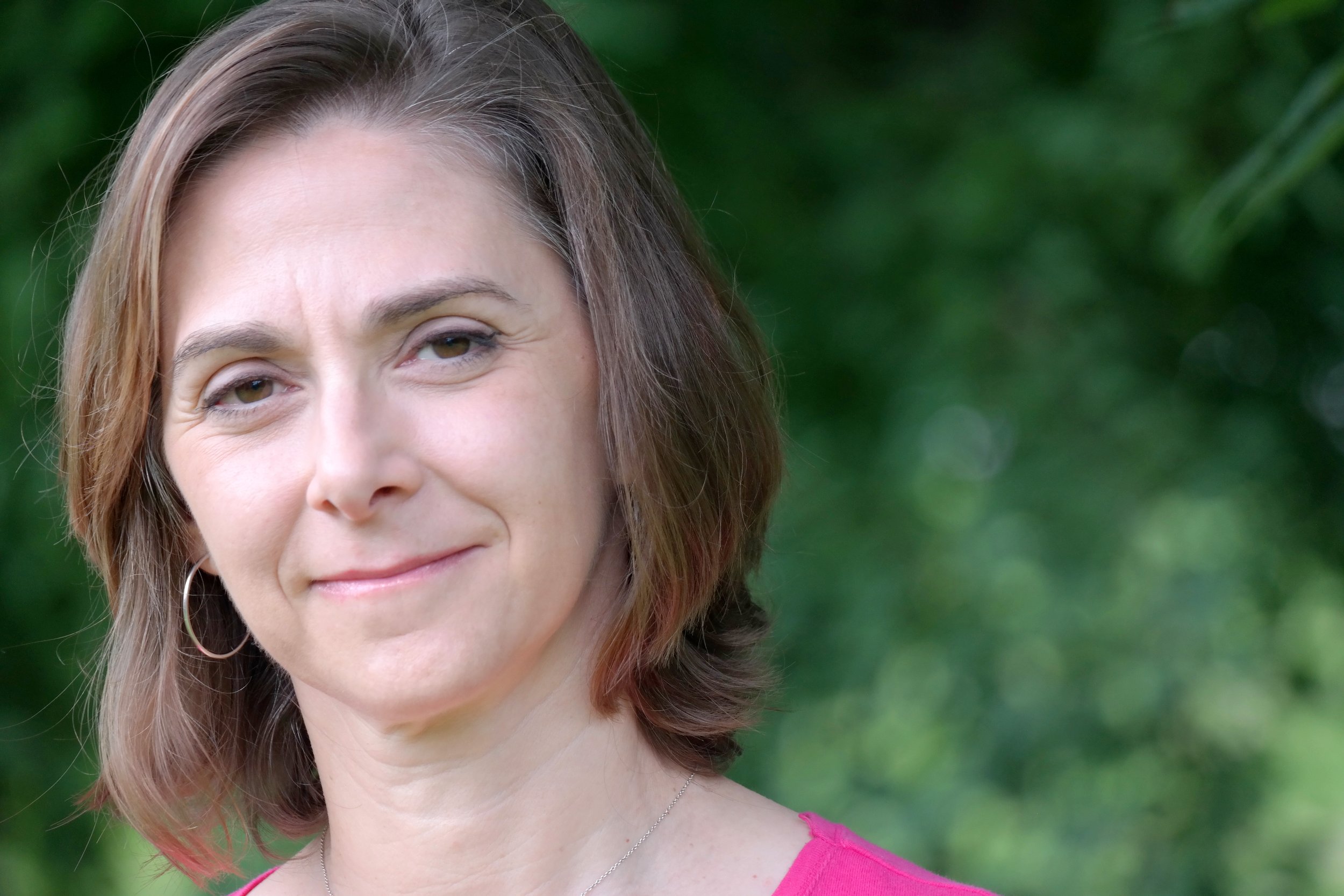Entry Point
My mother is famously out of touch. Not with world events or fashion, but with friends, family, even her three children. She hates picking up the phone. And texting? A message sent via Pony Express would have a better chance of reaching her.
But several months ago, something began to shift. My mother started texting me daily, often before 7 am. Cryptic messages—“Arise. Dance. Lathe. Pupae? Gauze”—only intelligible to us two, and anyone else who is addicted to Wordle.
Initially, I avoided Wordle. I told myself it was another online fad, a craze (Answer #186). Then came January 20, 2022. A writer friend who knew I was working on a book of robot poems for children texted me: “Are you playing Wordle? Did you do today’s puzzle?” (Answer #215: ROBOT).
I began playing every day. On January 27, only a week in, I gloated on Facebook about my first two-guess win. (Answer #222: MOUNT). I was hooked.
Wordle combines vocabulary with logic and gut-feel, those sixth-sense moments when players can feel that an answer is right. Those are two- or three-guess days. At other times, even having four out of five letters in the green isn’t enough to solve the puzzle.
Other than my week-one Facebook gloat, Wordle was a solitary pursuit for me. Until this summer. On July 26, a spine doctor found a suspicious growth on my mother’s pelvic bone. Three weeks later, I flew from Maryland to Florida so I could be there when my parents met Mom’s oncologist. The morning of the appointment, my mother and I were drinking tea. She looked up from her cell phone and asked, “Are you playing Wordle?”
Our relationship was easier when I was in my twenties. My parents lived five minutes away. When my first child overshot his due date, my mother and I passed the time together, taking long walks at the park and working the New York Times Crossword. But maybe what I believed was emotional closeness was actually physical proximity. Now we live fifteen hours apart and only see each other once or twice a year. I make a weekly check-in call and avoid bringing up politics. (Distance hasn’t been the only barrier between my mother and me.)
So, it was a shock when I returned home from Florida this summer, to find a text message waiting for me every morning.
“Almost gave up. 6 today,” Mom wrote. “Rex is here and all is well.”
My brother Rex was the last of us kids to visit since my mother’s cancer was discovered. He arrived just after I left, and would be with my parents at appointment number two. The doctor was still refining the diagnosis.
I answered her: “3 for me.”
“Wow, you rock,” came the quick reply. “Daddy is getting really nervous about tomorrow. I am praying for some good news.”
All my adult life, I’ve avoided playing games with my mother. Yoga is the only thing in my life that passes as a sport. I’d never picked up golf, even though my parents’ social lives revolve around perfecting their putting and swings. Cooperating on a crossword or jigsaw puzzle was safe, but Mom’s competitiveness sometimes made me uncomfortable. When we were both using step-trackers, she’d challenge me to a daily duel. I thought it would be a fun way for us to encourage each other. My mother, who was used to dishing out mild insults on the golf course, sent messages like “In your face!” when she bested me. I wasn’t sure what kind of a rapport I wanted with her, but it wasn’t that.
Then we discovered our mutual Wordle habit and the daily conversations began. “Today’s word was difficult,” I texted my mother one morning. “What time is your appointment with the radiologist?”
The oncologist had narrowed her diagnosis down to two candidates, both of them blood cancers. If her tumor was a focused plasmacytoma, she would be treated with targeted radiation. If it turned out to be a symptom of multiple myeloma, a more common form of cancer, she was in for a more complex and invasive few months.
Her answer was immediate. “I got it in five. Seeing Dr. S 10:45. I am feeling so much better today and hoping to get back into some kind of routine.”
The next morning, 1:47 am: “Got it in three, I rock! Can’t sleep even with meds. So having a midnight snack.”
Me: “3 for me also. Sounds like you had a rough night. Has that been happening a lot?”
Day after day, my mother reached out to me and her entry point (Answer #214) is Wordle. Our text threads began with scores, sometimes our guesses or what made the day’s puzzle challenging. From there, we flowed into conversations about details my mother might not have shared had our contact stayed limited to a weekly call: The way the tumor in her pelvis made it hard to get comfortable. Her joy that her oncologist’s expertise and intuition were correct—this was a plasmacytoma.
This was how I entered a new relationship with my mother, where she is something like a friend. It took so little to reconnect, a word game we both enjoy—a small, shared moment to remind ourselves that, even as she was facing cancer many miles away, neither of us was alone (Answer #112).
Laura Shovan is an author, educator, and Pushcart Prize-nominated poet. Her chapbook, Mountain, Log, Salt, and Stone won the Harriss Poetry Prize. Her work appears in journals and anthologies for children and adults. Shovan's award-winning children’s novels include The Last Fifth Grade of Emerson Elementary, Takedown, and Sydney Taylor Notable A Place at the Table, written with Saadia Faruqi. She is a longtime poet-in-the-schools for her state arts council and teaches at Vermont College of Fine Arts.
